A comparison between polls shows interesting ups and downs not only regarding religion in America but also how many people attend church or even believe in the devil.
A Downward Trend

Image Credit: Shutterstock / Alexandru Nika
Back in 1982, Gallup started polling Americans’ beliefs on human origins and religion.
Now, 42 years later, the results show religion in the US has declined, as well as the belief in specific spiritual entities.
The Latest Stats: God Made Humans
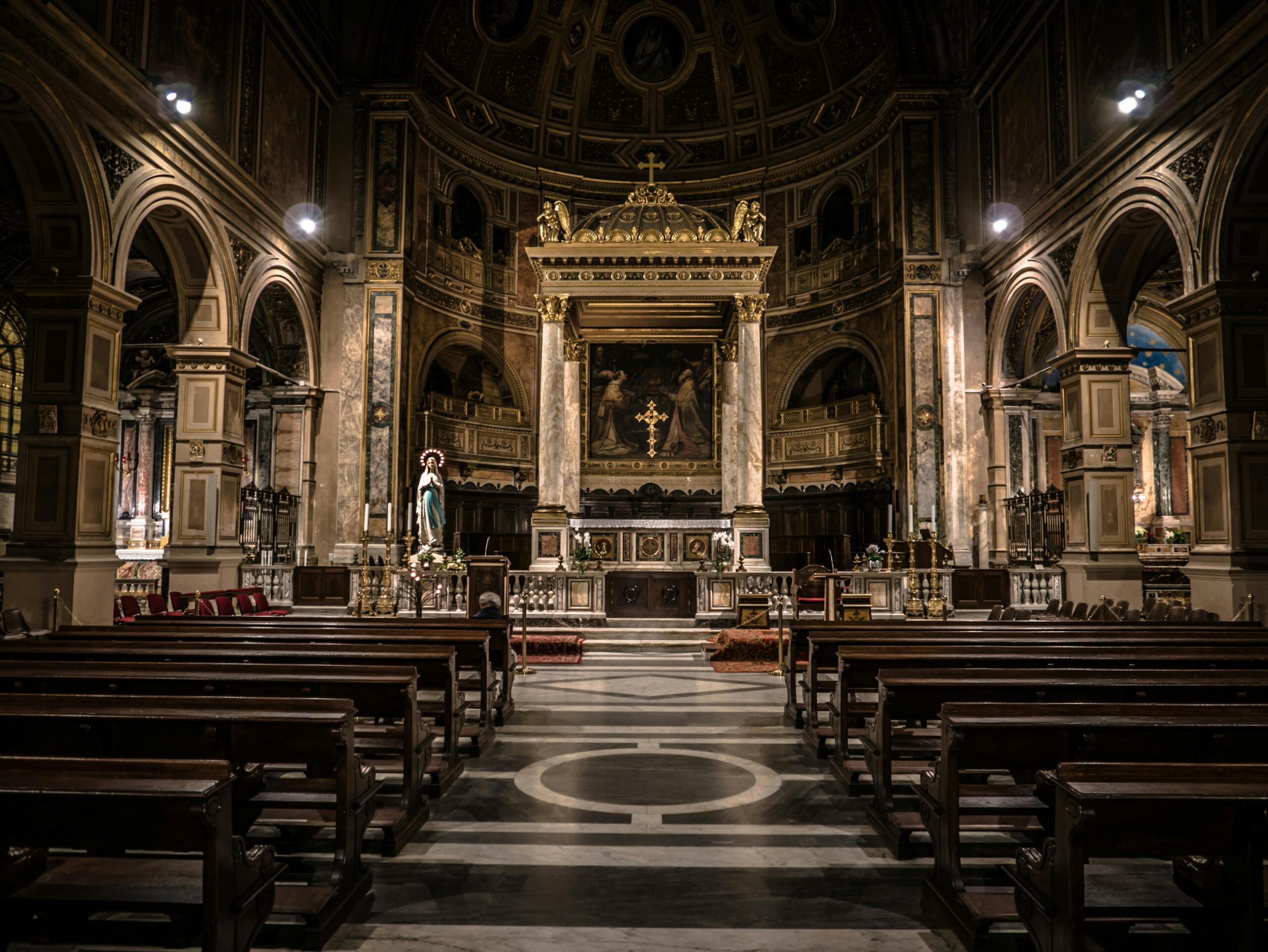
Image Credit: Pexel / Pixabay
According to Gallup’s July 2024 poll:
- 37% of Americans, the largest portion, identify as strictly creationists, meaning they believe that humans were made by God within the last 10,000 years.
This belief is more widespread among those who attend religious services at least once a week and those who consider themselves politically conservative.
The Latest Stats: Human Evolution

Image Credit: Shutterstock / Gilmanshin
- The theory of evolution is chosen over God by 24% of US adults identifying as strictly evolutionists, who believe that we humans developed from simpler life forms millions of years ago without any divine intervention.
This belief is shared by those who attend religious services less than once a month, along with political liberals.
Be More Specific

Image Credit: Shutterstock / ESB Professional
Just to clarify: the theory of evolution doesn’t say humans evolved from apes, but rather that humans and apes both developed from the same ancestor. And the answers you get when asking what type of ancestor will be as varied as the people you ask.
The Latest Stats: God Controls Evolution
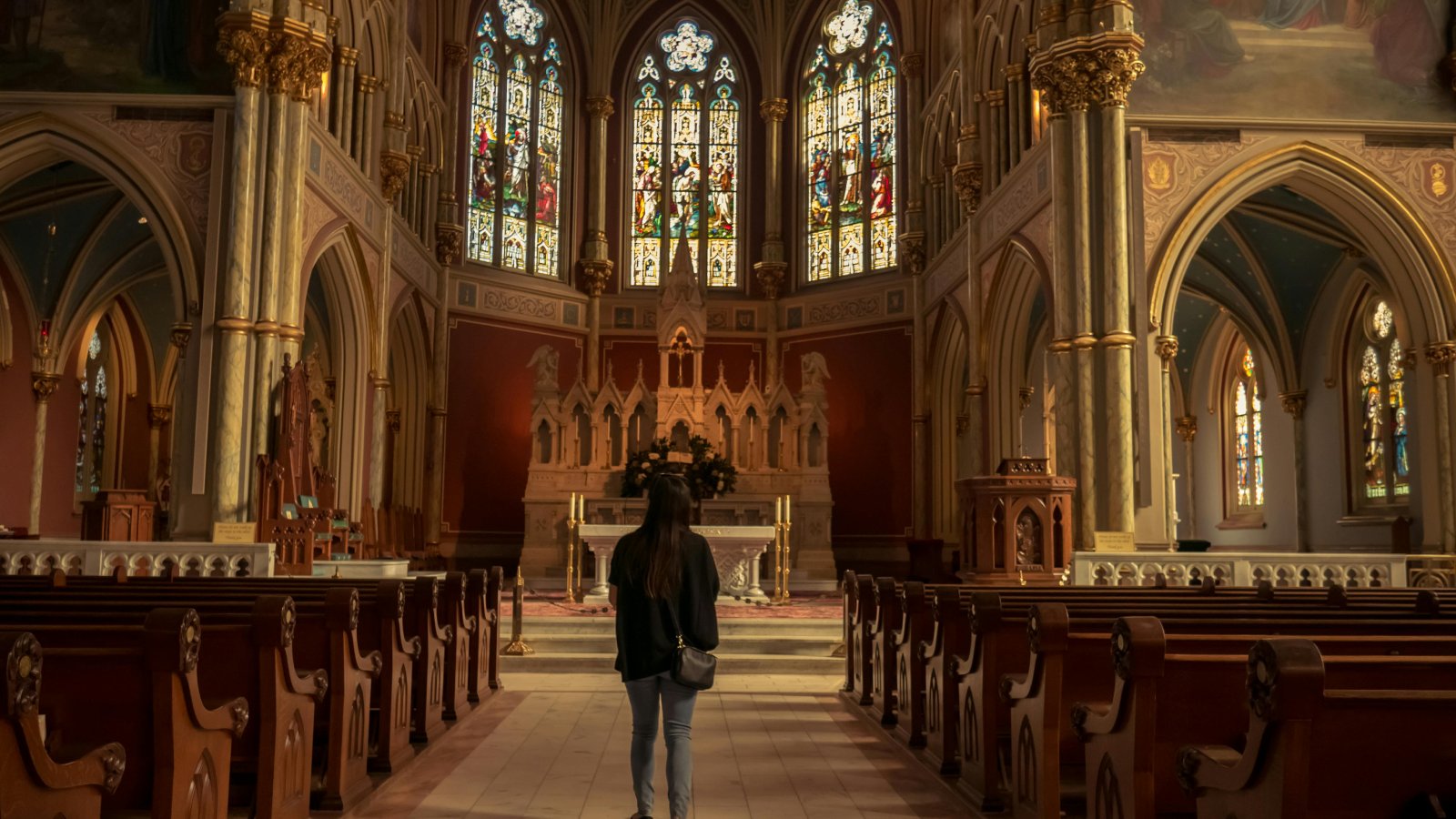
Image Credit: Pexel / David Besh
- Finally, 34% of US residents say that human evolution did occur, but by God’s guidance.
This viewpoint is especially prevalent among Catholics and individuals with college degrees.
Different How?

Image Credit: Shutterstock / KeyFame
Compared to Gallup’s previous poll from 2019, the major differences are that 1% fewer Americans now identify as creationists, making this year the biggest dip since 1982.
Additionally, the belief in strict evolution is 2% higher.
How Religious Is the US?

Image Credit: Shutterstock / fizkes
As per a March survey, about 75% of Americans follow a certain religion, with the biggest portion identifying as Christians (68%), followed by Protestants (33%), Catholics (22%), and those who simply call themselves “Christian” without singling out a specific denomination.
Those Outside Christianity
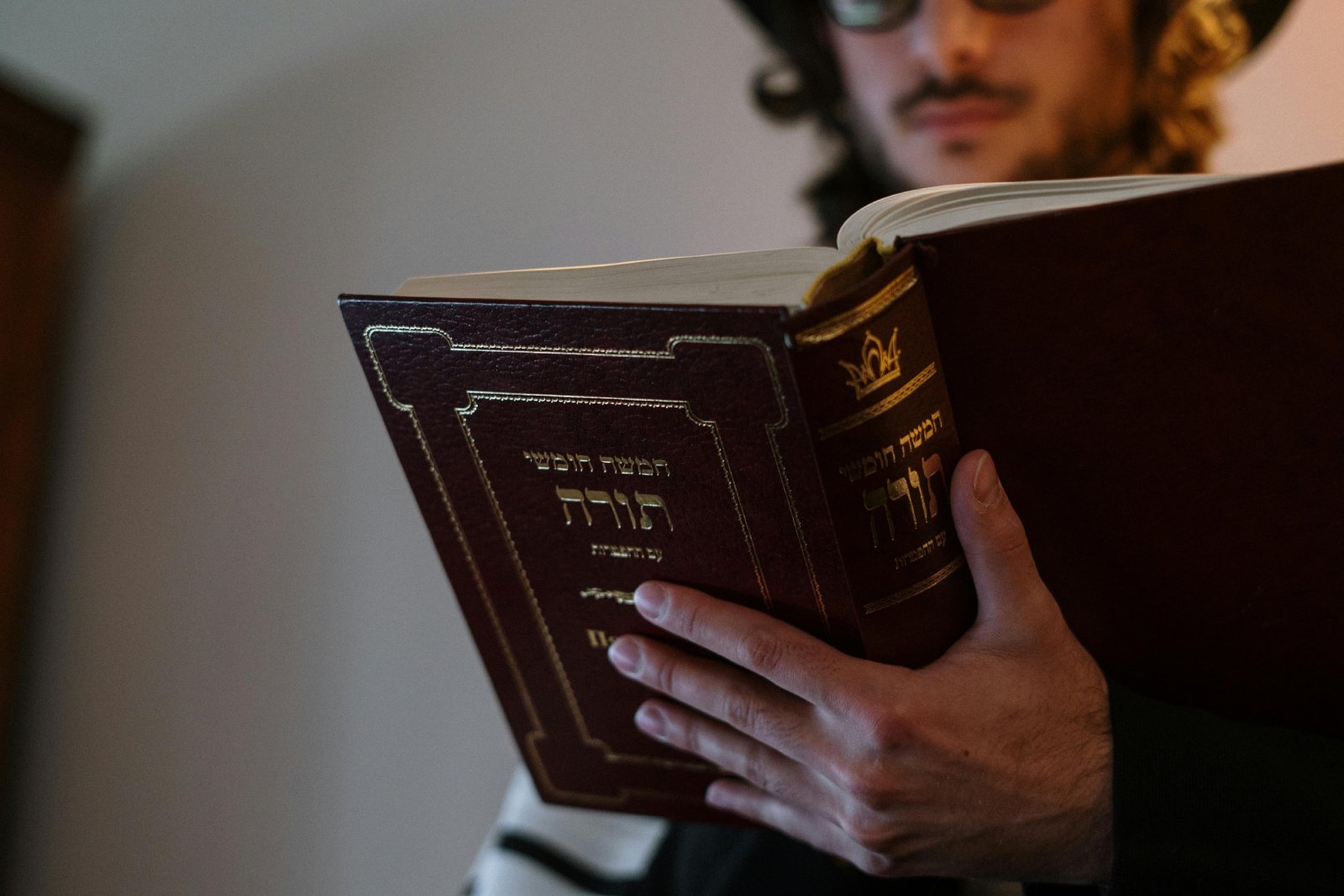
Image Credit: Pexel / cottonbro studio
Regarding non-Christian religion, 2% of Americans call themselves Jewish while Muslims and Buddhists each make up 1%.
Those who don’t follow any religion seem to be similar to the Catholic count of 22%.
Higher Back in the Day

Image Credit: Shutterstock / G-Stock Studio
Now, compare those numbers with the ones surveyed half a century ago in 1973.
Back then, a whopping 87% of American adults followed the Christian faith, with 6% identifying as non-Christian or other religion, and 5% claiming not to follow any religion.
More Non-Believers Today
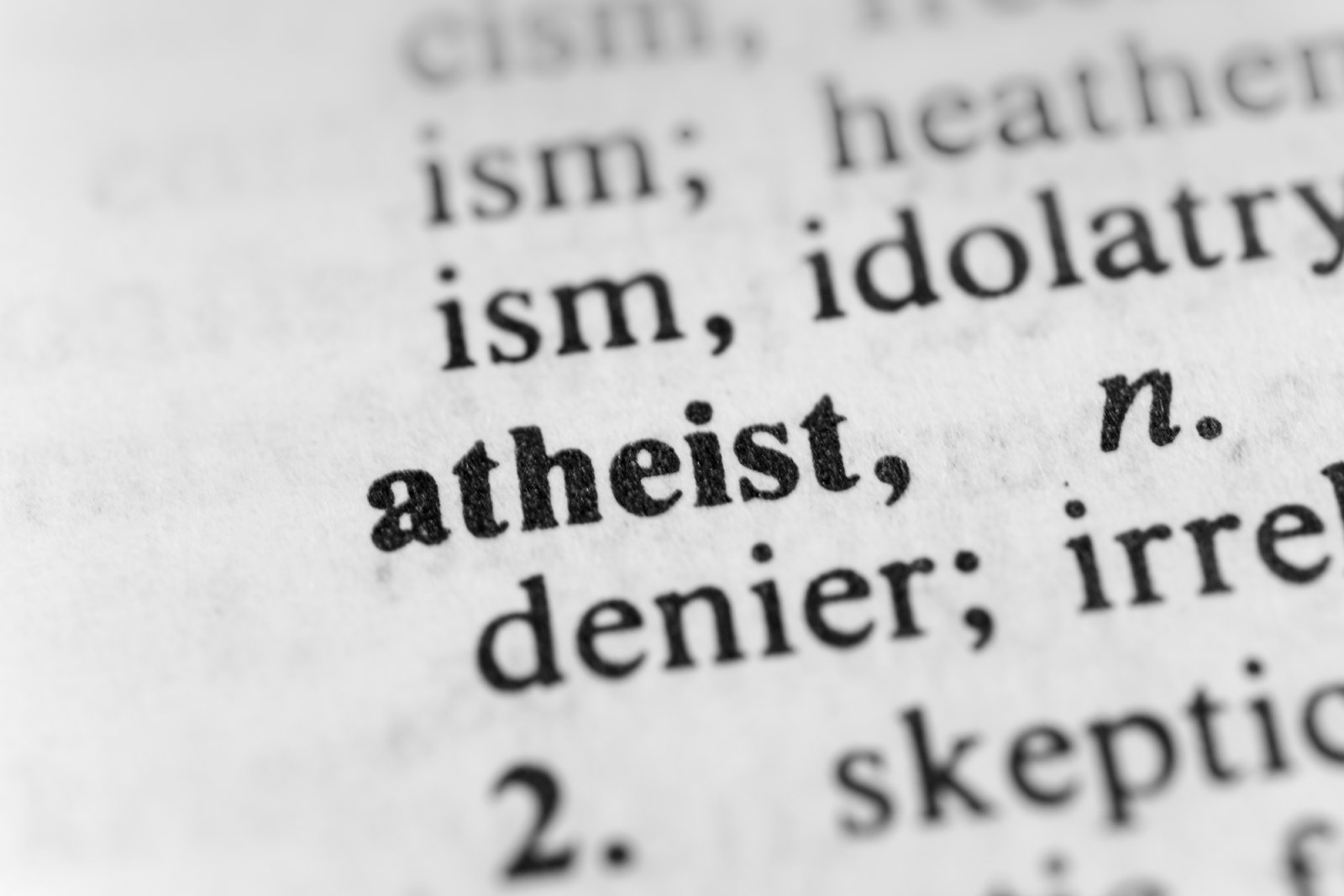
Image Credit: Shutterstock / Erce
The bottom line? The number of US Christians is decreasing while atheists are increasing.
What About Angels and Demons?
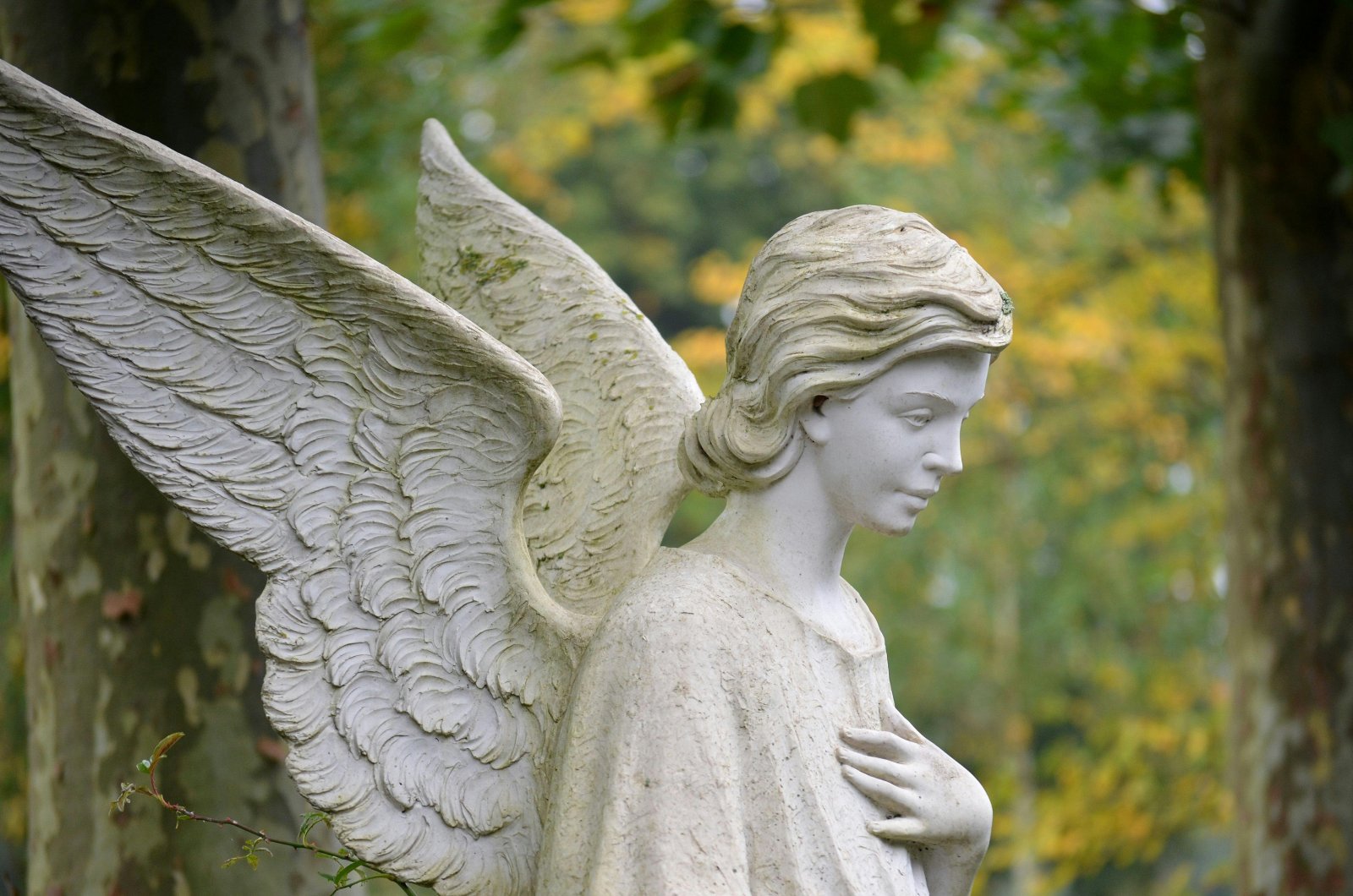
Image Credit: Pexel / Mario Wallner
When it comes to Americans’ belief in five religious concepts – God, angels, the devil, heaven, and hell – the numbers are also at their lowest since this particular poll started in 2001.
Today, about 74% claim they believe in God. Fewer believe in angels (69%) and even fewer in heaven (67%).
All Made Up?

Image Credit: Shutterstock / Goksi
Finally, 59% believe that hell is real and 58% say there is a devil.
And nearly 30% claim that neither the devil nor hell are real.
Poll Findings: Church strengthens faith

Image Credit: Pexel / Arina Krasnikova
Among other findings, the poll also tells us:
- Those who regularly attend church (whether Protestants or non-denominational Christians) as well are Republicans are more likely to believe in all five spiritual concepts.
Poll Findings: Red Vs. Blue
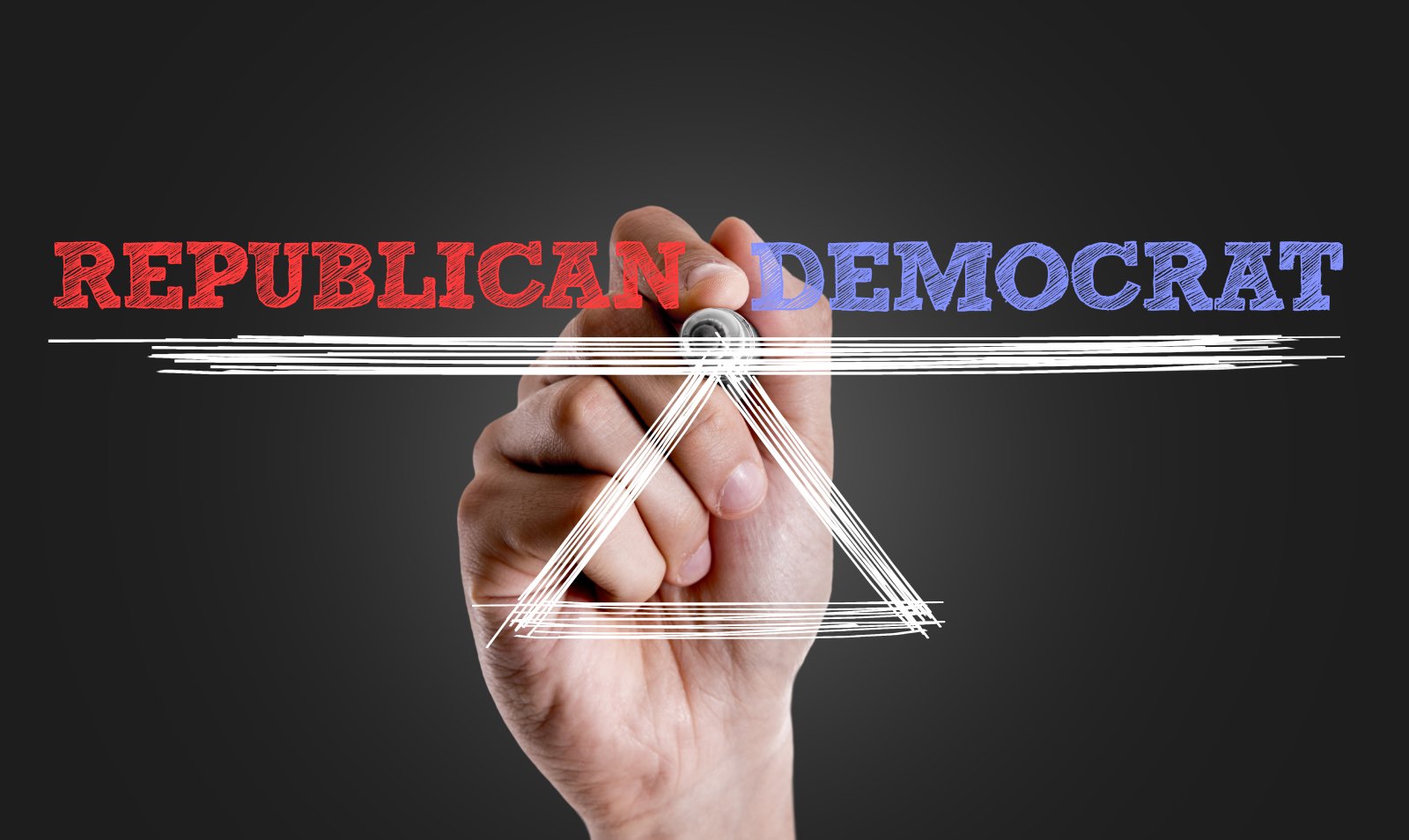
Image Credit: Shutterstock / Gustavo Frazao
- Although 78% to 87% of Republicans claim all five spiritual concepts are true, that number is lower among independents (between 51% and 68%).
- Regarding Democrats, between 56% to 66% say God, angels, and heaven exist, yet more than 50% say both hell and the devil are fictional.
Poll Findings: Fewer Catholics
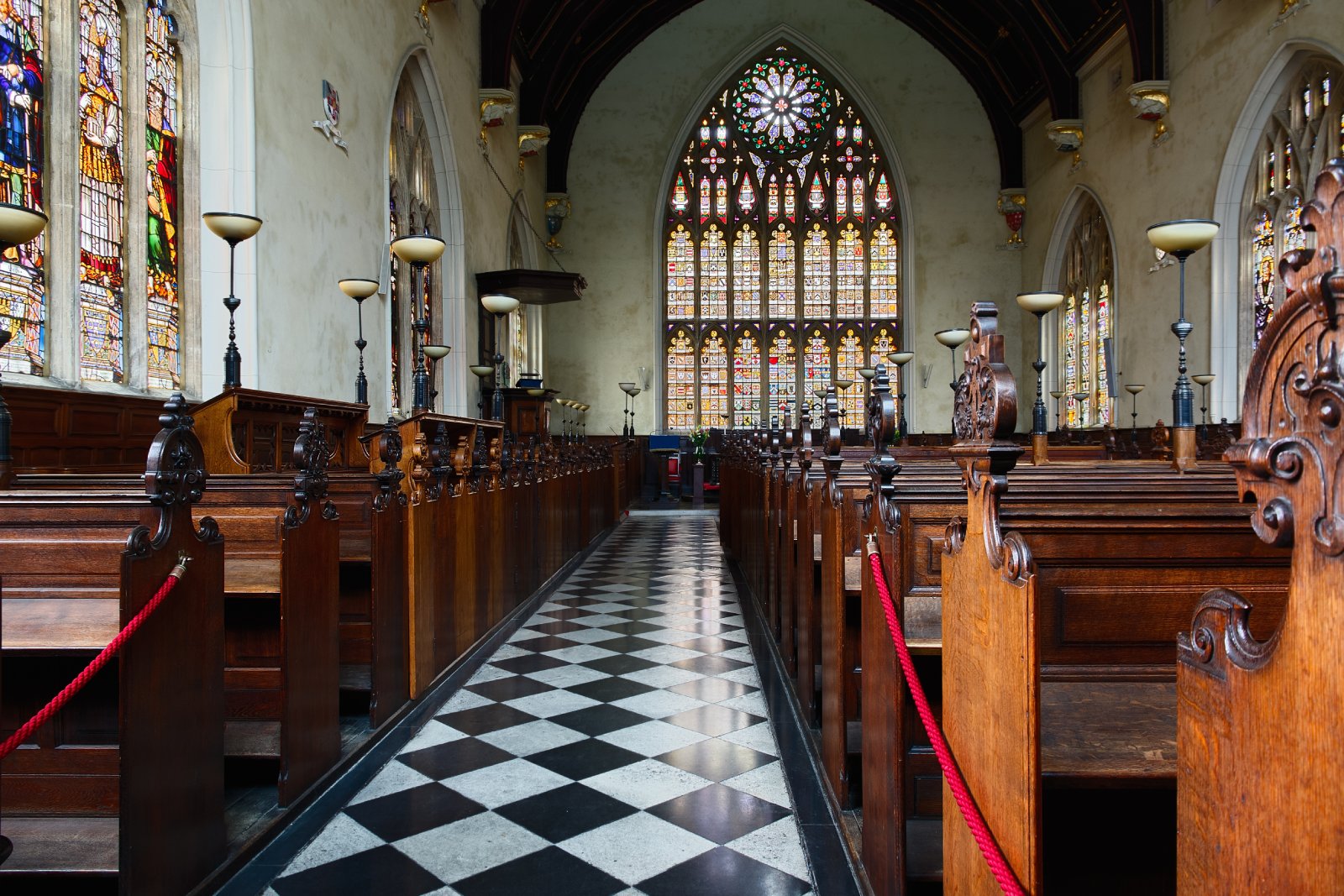
Image Credit: Shutterstock / I Wei Huang
- Although a significant number of Catholics also believe in all five spiritual concepts, the number is higher among Protestants.
Poll Findings: Salaries Speak

Image Credit: Shutterstock / Quality Stock Arts
- US residents earning less than $40k stand a bigger chance to believe in all five entities compared to those earning over $100k. However, in both two higher-income categories, most participants say all five concepts are true.
Who’s Going to Church?
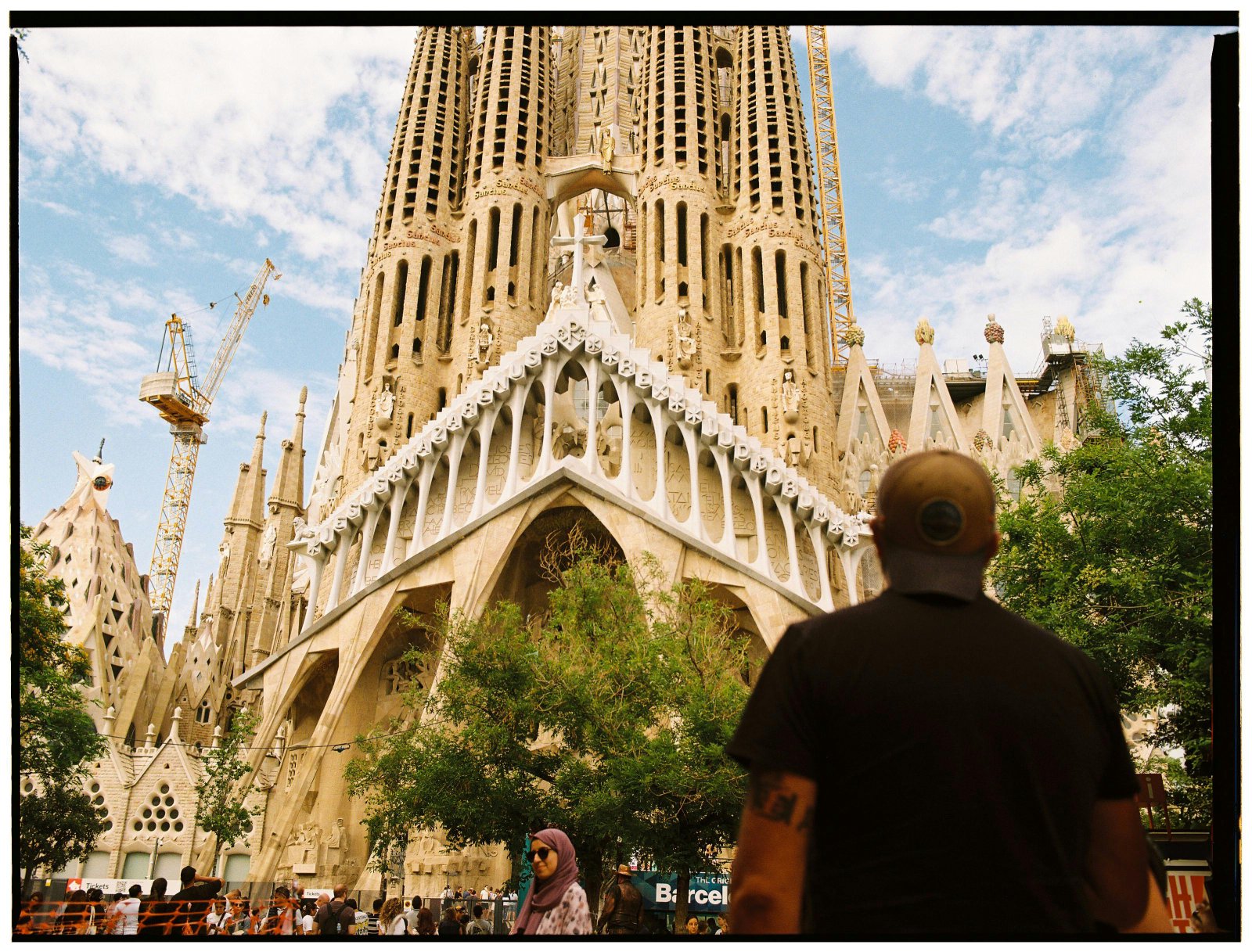
Image Credit: Pexel / Adrià Masi
But just because someone claims to be religious doesn’t mean you’ll find them in church on Sundays.
That’s because, according to a 2023 survey, only approximately 32% of Americans said they had personally attended church, synagogue, mosque or temple within the last week, whether physically or virtually.
That number was higher in 2000 (44%) and higher still in 1958 (49%).
Does Age Have an Impact on Religion?
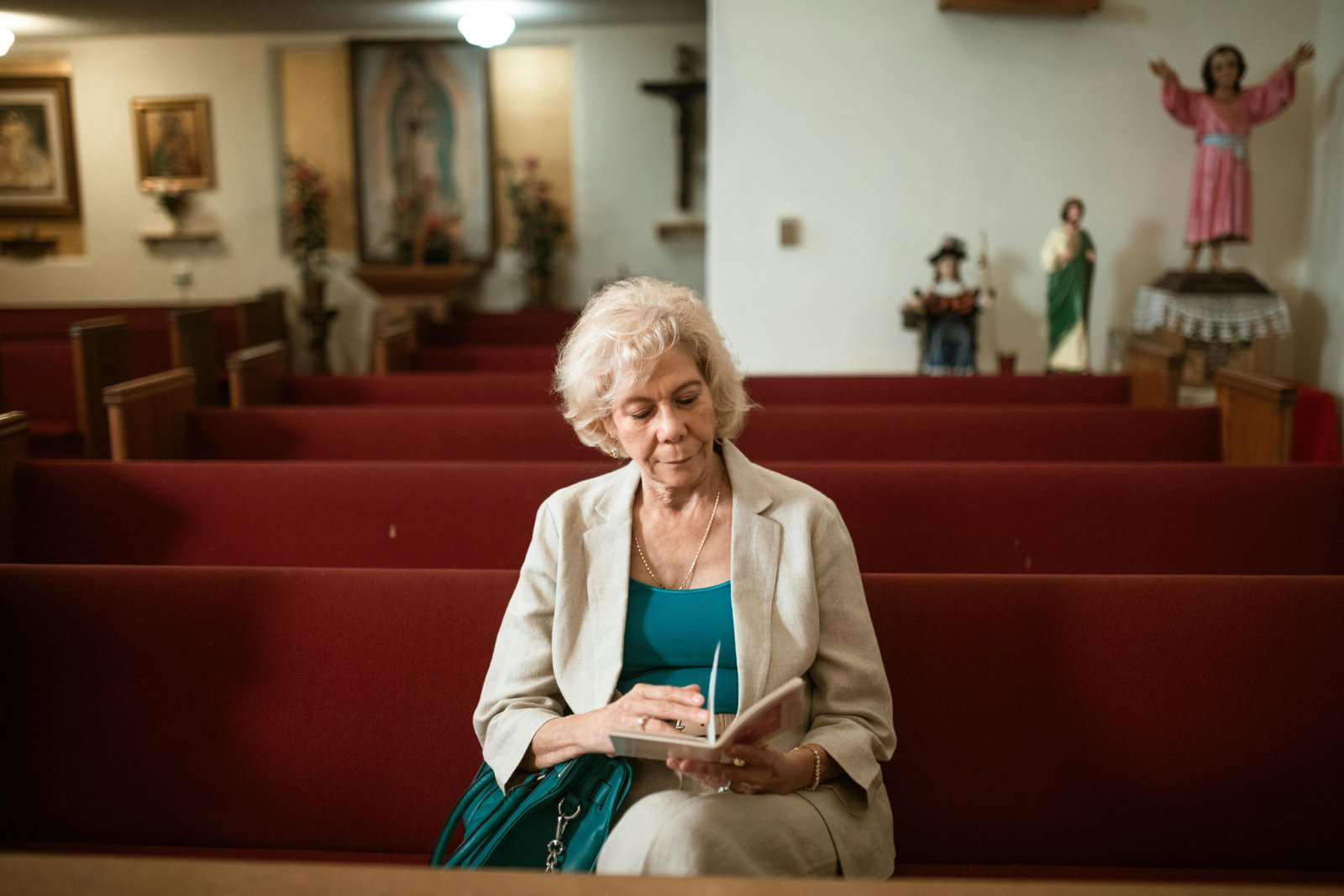
Image Credit: Pexel / RDNE Stock project
It seems it does.
As the survey on spiritual entities teaches us, US adults aged 55 and older are most likely to believe in all five concepts.
Those aged 35 to 54 do as well, but in smaller numbers.
The Lower the Age, the Lower the Belief

Image Credit: Pexel / Fox
Fewer still within the 18 to 34 group claim all five religious concepts are true.
Interestingly, most of the poll participants in the latter/youngest category believe the devil is real, but not the rest.
A Generational Gap

Image Credit: Shutterstock / fizkes
It would seem the decrease in US church membership has largely been influenced by the younger generation.
But even among the older religious adults, fewer claim to belong to a church compared to previous years.
Assorted Reasons

Image Credit: Shutterstock / fizkes
Although the reasons for a decline in churchgoers are quite diverse, some of the more common reasons include evolving cultural values, fuller schedules, generational shifts, insufficient engagement, and institutions affected by scandals.
Featured Image Credit: Shutterstock / Triff.
The images used are for illustrative purposes only and may not represent the actual people or places mentioned in the article.


